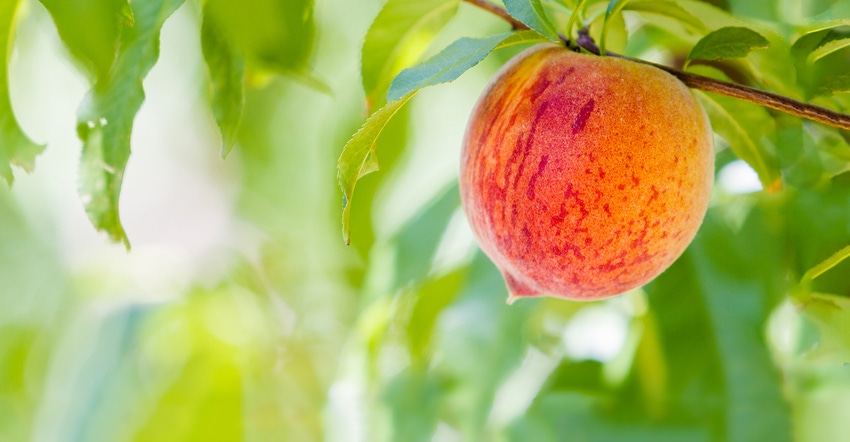October 12, 2017

The Food Safety Modernization Act is being implemented, and while commodity grain producers are exempt, farmers raising produce and other crops that might be served raw to consumers are covered. The new act has a lot of moving parts, but the Colorado Department of Agriculture, using a grant from the U.S. Food and Drug Administration, has worked to create a helpful guide.
CDA and FDA have teamed to create a range of resources farmers can use to comply with the newly implemented FSMA. And Colorado State University Extension is working to establish a Produce Safety Program to encourage safe production of fresh fruits and vegetables, and to promote compliance with the new rules. The Produce Safety Rule was published as one of several rules under FSMA in November 2015. The largest farms will need to comply starting in January.
As these new rules begin being enforced, CDA is encouraging farmers, food processors, food transportation businesses, importers and food safety professionals to educate themselves about FSMA. The act affects produce growers, food manufacturers (human and animal), food transportation and imported food. The aim of FSMA is to prevent foodborne illnesses.
Christy Dice, produce safety rule program manager, CDA, noted that education and preparedness for Colorado producers about the Produce Safety Rule is a top priority. "We are working closely with Colorado State University Extension to provide training and outreach materials to address the specific needs of Colorado's diverse producers."
CDA and CSU will be offering training classes in the state in the near future. And there are educational materials online at coproducesafety.org. CDA will also be contacting produce farmers to share information about the rules.
Note: While Colorado has developed the materials, the information at the produce safety website is free and available to all. For Western produce farmers, a trip to the site offers solid background on the new rules and how they may impact your business.
Learn more at coproducesafety.org.
Source: Colorado Department of Agriculture
You May Also Like




